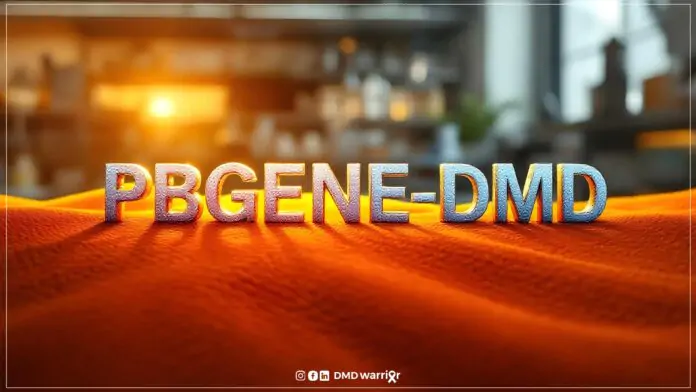A Precision BioSciences anunciou hoje a priorização estratégica e a aceleração do PBGENE-DMD, a primeira abordagem de edição genética in vivo da empresa para Distrofia Muscular de Duchenne (DMD).
Índice
O que é PBGENE-DMD?
- PBGENE-DMD é uma abordagem de edição genética in vivo de primeira classe para a maioria dos pacientes com Distrofia Muscular de Duchenne afetados por mutações da distrofina na região de "ponto crítico" mais comum entre os éxons 45-55.
- O candidato clínico final PBGENE-DMD demonstra dados pré-clínicos convincentes para melhorar de forma duradoura o benefício funcional ao longo do tempo.
- Segmentação de precisão para enviar um Novo Medicamento Investigacional (IND) e/ou Pedido de Ensaio Clínico (CTA) para PBGENE-DMD em 2025, com dados clínicos esperados para 2026.
Leia mais: PBGENE-DMD para o tratamento da distrofia muscular de Duchenne (DMD)
Como funciona a abordagem PBGENE-DMD?
Atualmente, não há terapias aprovadas que possam promover melhorias funcionais musculares significativas e duradouras. O PBGENE-DMD emprega duas nucleases ARCUS complementares administradas em um único AAV para excisar os éxons 45-55 do gene da distrofina com o objetivo de restaurar a produção natural do corpo de uma proteína distrofina funcional.
Em dados pré-clínicos apresentados no ASGCT, o PBGENE-DMD demonstrou melhora funcional significativa e duradoura em um modelo murino humanizado com DMD. Após a administração do AAV, o PBGENE-DMD restaurou a capacidade do organismo de produzir uma proteína distrofina funcional amplamente em múltiplos músculos, incluindo os músculos cardíaco e esquelético. Ao longo de 9 meses, camundongos tratados com PBGENE-DMD apresentaram aumento na expressão da proteína distrofina, resultando em melhora muscular funcional substancial e sustentada. Além disso, a transcrição do mRNA da distrofina editada pelo PBGENE-DMD em células-tronco satélite musculares, que são células progenitoras de novas células musculares, reforça o potencial de durabilidade a longo prazo.



